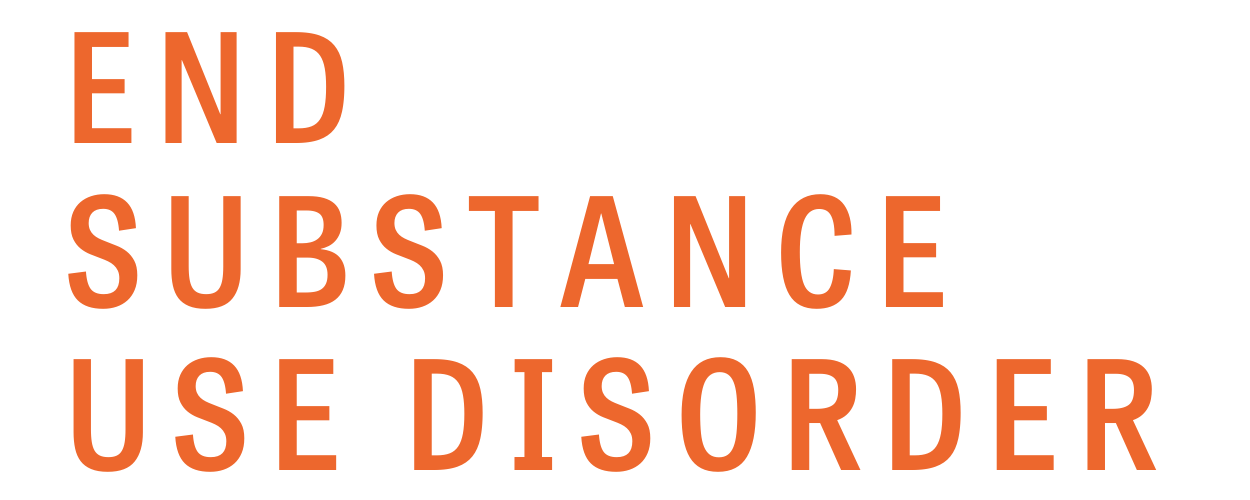End Substance Use Disorder Applauds Historic Opioid Use Disorder Reform
Today, the U.S. Department of Health and Human Services (HHS) announced historic regulatory changes that could help tens of thousands of Americans struggling with opioid use disorder secure long-term recovery and avoid overdose death.
For the first time since its FDA approval twenty years ago, doctors will be able to prescribe a safe and effective medication for opioid use disorder without first completing an unnecessary training requirement and obtaining a separate DEA registration – restrictions that do not exist for any other medical condition in the country.
The reform will allow physicians to prescribe the medication in the normal course of their medical practice as long as they treat under 30 patients with the medication at a time and adhere to other minor requirements. Medical providers like nurse practitioners and physician assistants will still have to undertake the training and separate DEA registration to prescribe the medication for opioid use disorder.
The medication, buprenorphine, is available in generic form and recognized by public health officials as a gold standard of care for opioid use disorder. Buprenorphine helps people secure long-term recovery and cuts the risk of death in half. It is safer and easier to manage than titrating insulin for diabetes.
But due to the outdated restrictions in federal law that this reform addresses, most people with opioid use disorder have never received this lifesaving treatment. Currently, fewer than 50,000 doctors across the country – fewer than 6% of providers – have federal approval to prescribe buprenorphine for opioid use disorder (even though all doctors can freely prescribe the medication for pain). With the reform, 1 million physicians will now be able to provide this lifesaving treatment for opioid use disorder.
“Substance use disorder is a preventable and treatable medical condition, and when doctors treat substance use disorder, they save lives,” said Erin Schanning, president of End Substance Use Disorder and a big sister who lost her brother, Ethan, to an overdose. “This reform represents a significant step forward in integrating substance use disorder care into the healthcare system where it belongs. It sends a clear message to people with substance use disorder: You deserve treatment, not stigma.“
The actions of HHS come after tireless work by Rep. Paul Tonko, Sen. Margaret Hassan, and Sen. Lisa Murkowski to build awareness for these reforms through their leadership of the Mainstreaming Addiction Treatment Act, a bipartisan bill that won over 100 cosponsors this past session. “We applaud Rep. Tonko, Sen. Hassan, and Sen. Murkowski for their steadfast efforts to ensure all people with substance use disorder have access to high-quality, affordable treatment. We look forward to working together to build on the actions of the Department of Health and Human Services so we can ensure universal access to medication-based treatment,” stated Ms. Schanning.
Last year was the deadliest year on record for overdoses, with more than 83,000 sons, daughters, mothers, and fathers losing their lives. Drug overdoses are now the leading cause of death for Americans under the age of 50. The majority of overdose deaths involve opioids.
End Substance Use Disorder built and led a coalition of 80 leading organizations and experts from across the country to educate federal lawmakers about these reforms and hold them accountable to ensuring access to this lifesaving treatment.
